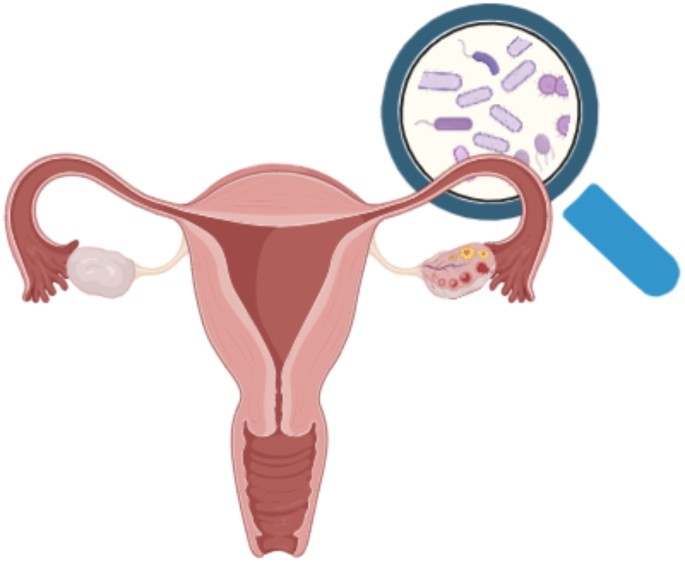Long Covid, a syndrome marked by persistent symptoms that continue long after the acute phase of a COVID-19 infection, is difficult for Indian doctors to diagnose and treat. The effects of prolonged COVID-19 are still a major worry, even though the World Health Organization declared that the virus is no longer a global health emergency. The healthcare system in India is complicated by the fact that many patients report a variety of symptoms, such as exhaustion, joint and muscular pain, mental haze, and respiratory problems.
According to a Maulana Azad Medical College research, 45% of Indian Covid patients who recovered had continuing symptoms, with dry cough and chronic exhaustion being the most common. Similar patterns have been found in research conducted worldwide, with an estimated 31% of people in North America who are moderately or seriously infected, 44% in Europe, and 51% in Asia exhibiting prolonged Covid symptoms.
The lack of clear testing and defined protocols for detecting long-term COVID-19 is one of the biggest challenges facing Indian healthcare providers. Senior consultant Dr. Neetu Jain points out that rather than specific medical testing, diagnosis is primarily based on clinical symptoms and evaluations of patients’ quality of life. It is challenging to offer individuals impacted complete care and support because of this reliance on subjective measurements.
Furthermore, a significant rise in individuals presenting with new health problems, such as neurological sequelae and asthma-like disorders, has occurred since COVID-19. These new symptoms add to worries about the virus’s potential long-term effects on health.
Researchers are urging more research into the biochemical processes underlying prolonged COVID, including its impact on brain health and sleep difficulties, in order to address these problems. The necessity for creative research techniques is shown by a promising finding from Shiv Nadar University, where a team has developed a fluorescent probe that can identify inflammation in brain cells linked to Covid infection.
It is still too early to completely comprehend long-term COVID and its consequences on the Indian population, according to experts like Dr. Rajesh Sagar of AIIMS. In order to better understand this complicated illness and enhance the diagnostic system, which will ultimately result in more potent treatments for patients with long-term COVID, the medical community is keen for more focused study. It is hoped that as awareness increases, more funds will be made available to treat this new health emergency.
SOURCE :
HINDUSTAN TIMES








